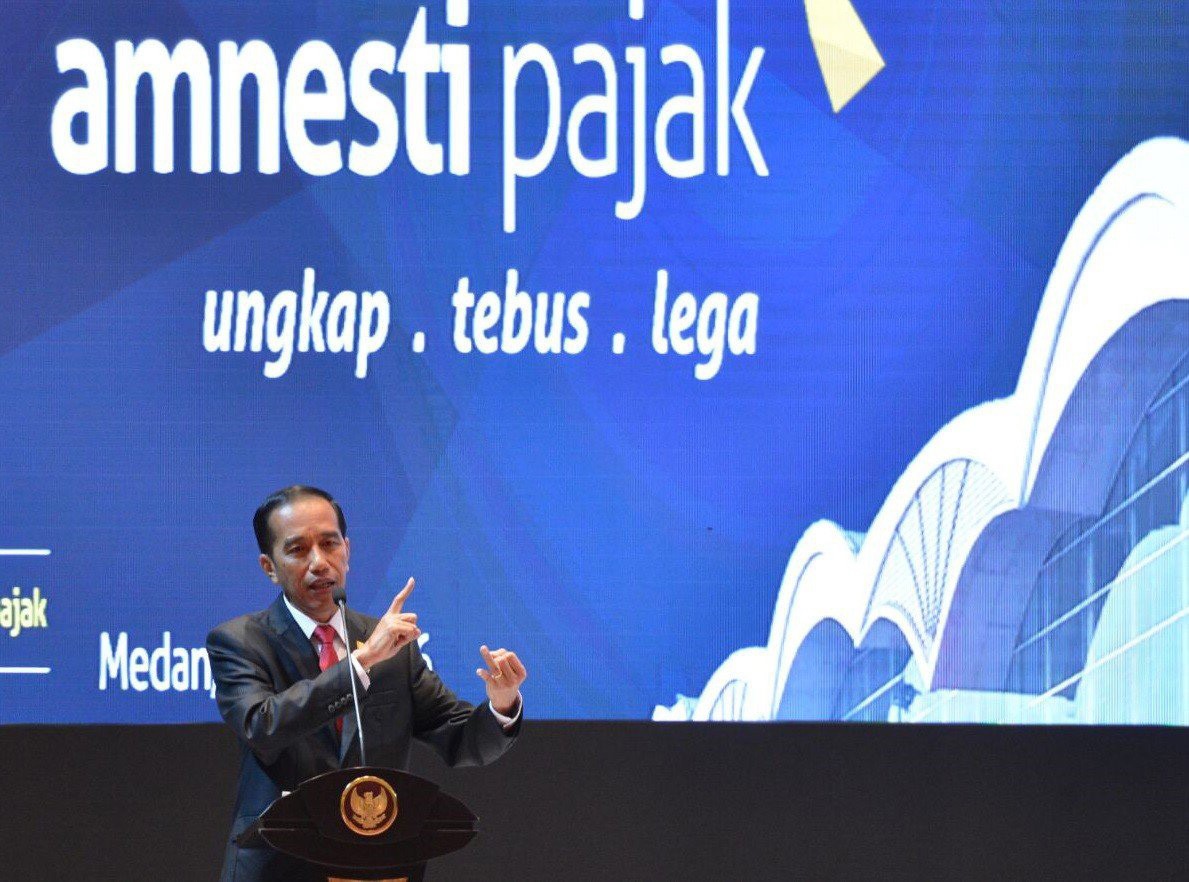Popular Reads
Top Results
Can't find what you're looking for?
View all search resultsPopular Reads
Top Results
Can't find what you're looking for?
View all search resultsClock ticking on tax amnesty
Change text size
Gift Premium Articles
to Anyone
A
couple of months into the government’s showpiece tax amnesty program, less than 1 percent of its targets have been met, even though President Joko “Jokowi” Widodo expected that most of the funds to be raised would be secured in the early months of the program.
As of Monday evening, total penalty payments stood at Rp 947 billion (US$71.5 million), out of the Rp 165 trillion target, while repatriated funds amounted to Rp 1.51 trillion of the Rp 1 quadrillion goal, government data show.
The slow issuance of supporting regulations for the tax amnesty may be one reason behind low interest in joining the program, as taxpayers put legal certainty first, especially big corporations and high net worth individuals, said Indonesian Chamber of Commerce and Industry (Kadin) advisory board member Chris Kanter.
“It’s already August. We basically only have one more month to enjoy low penalty rates in the tax amnesty program,” added Chris.
To avail of tax pardons, tax amnesty applicants must pay penalty rates of 2 to 4 percent of declared asset value until September, which will rise to 3 to 6 percent from October to December and 5 to 10 percent from January to March next year.
The government hoped the tax amnesty, which was initiated to widen the nation’s taxpayer base, would see Rp 4 quadrillion of taxpayers’ assets declared, of which Rp 1 quadrillion was expected from the repatriation of funds stashed overseas.
Supporting regulations for the tax amnesty, including those on investment instruments and fund placements, were issued on July 18 and Aug. 8, several weeks after the amnesty was launched on June 28, .
“Business players have been waiting for the regulations, how can we execute or prepare if there are no regulations? If we wait until the second period, there could be additional penalties and people might reconsider,” Chris said.
The concerns were acknowledged by Finance Minister Sri Mulyani Indrawati: “Especially big taxpayers need time and legal arrangement they need to do, especially for wealth held in foreign countries.”
She still maintains high hopes that a surge in asset declarations and repatriation in the amnesty program will occur in September to take advantage of the lower penalty rates after having sorted out financial and legal issues.
Sri Mulyani said the government had taken into account any potential tax revenue shortfall in general, including from the tax amnesty, which may amount to Rp 219 trillion in the 2016 revised state budget. Given the shortfall, the government has decided to further slash its spending by Rp 133.8 trillion.
The government expected Rp 165 trillion in additional tax revenue from the tax amnesty. But Sri Mulyani reiterated that the Rp 1.53 quadrillion overall tax income in the revised 2016 state budget would not only come from the tax amnesty, as there were other potential revenue sources.
As its latest effort to tempt taxpayers into availing of the tax amnesty, the government is set to issue a derivative regulation on special purpose vehicles (SPVs), or shell corporations, where it expects individuals or business entities operating through SPVs abroad to declare and repatriate the wealth held by the SPVs.
Although the details of the regulation remain obscure, the ministry stated that it would also expect business players to move the basis of operation of the SPVs to Indonesia as the government is considering setting up tax havens in the country.
Samuel Asset Management chief economist Lana Soelistianingsih warned that the government could run out of time in drafting and applying any new regulation, including the one on SPVs, given the limited time remaining.










